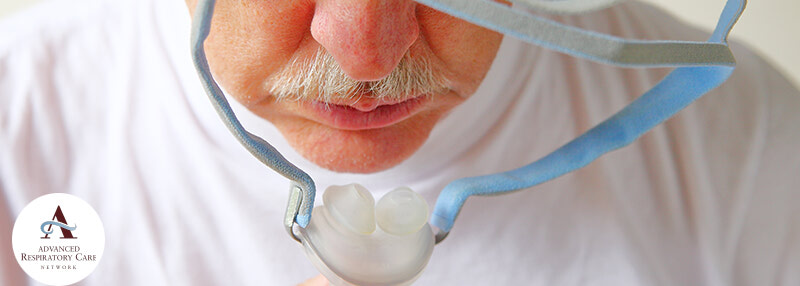CPAP mask leaks can be frustrating and disrupt the effectiveness of your sleep apnea treatment, which is why a proper fit and seal with your CPAP mask is important. From hissing sounds to strap slips, let’s tackle the most common CPAP mask leaks and—more importantly—share clever workarounds to maximize your sleep therapy benefits.
What Causes CPAP Mask Leaks?
CPAP mask leaks can occur due to various reasons, including:
- Improper Fit: A mask that's too small or too large can lead to leaks.
- Mask Misalignment: If the mask is not aligned properly on your face, it can cause leaks.
- Facial Hair: Facial hair, such as beards or mustaches, can interfere with the mask's seal.
- Skin Irritation: Skin irritation or allergic reactions to the mask material can cause leaks.
- Mask Wear and Tear: Over time, masks can become worn out, leading to leaks.
How Do I Know If I Have a Mask Leak?
Common signs of a mask leak include:
- Air Leaking from the Mask: You may hear or feel air escaping from the mask.
- Difficulty Breathing: You may experience difficulty breathing or feeling like you're not getting enough air.
- Dry Mouth or Nose: Mask leaks can cause dryness in the mouth or nose.
- Sleep Disturbances: Mask leaks can disrupt your sleep, leading to fatigue and other related issues.
Solutions for CPAP Mask Leaks
Don't let mask leaks disrupt your sleep apnea treatment. Try these solutions:
- Adjust the Mask: Adjust the mask to ensure a proper fit and alignment.
- Use a Mask Liner: Mask liners can help create a better seal and reduce leaks.
- Try a Different Mask: If you're experiencing persistent leaks, it may be time to try a different mask style or brand.
- Use a Chin Strap: A chin strap can help keep your mouth closed and reduce leaks.
- Clean and Maintain Your Mask: Regularly clean and maintain your mask to prevent wear and tear.
Tips for Preventing Mask Leaks
To prevent mask leaks, follow these tips:
- Use a Humidifier: Dry air can cause mask leaks, so using a humidifier can help keep the air moist.
- Shave or Trim Facial Hair: Trimming or shaving facial hair can help improve the mask's seal.
- Use a Mask with a Flexible Seal: Masks with flexible seals can help adapt to different facial shapes and sizes.
- Consult with a Sleep Specialist: If you're experiencing persistent mask leaks, consult with a sleep specialist for personalized guidance.
CPAP mask leaks can be frustrating, but they're not inevitable. Identify the root causes of mask leaks and you'll be sleeping better in no time – a secure fit and seal can make all the difference in effective sleep apnea treatment. If you’re in need of replacement CPAP supplies to continue receiving effective therapy, check out our online store: CPAP Products | ARC Network

